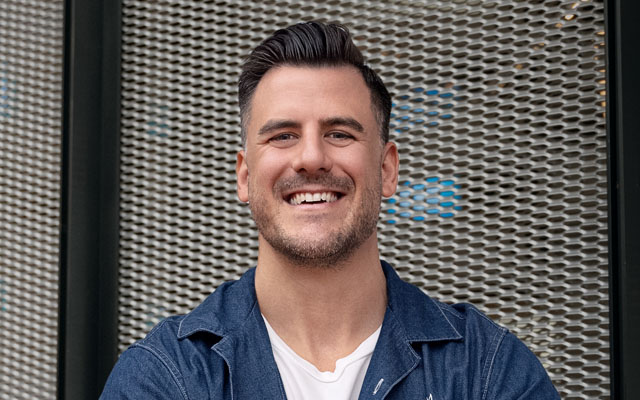As 2024 rolls around, the concept of revenge travel that emerged as a result of the lockdowns and the pandemic has given way to a more meaningful and purpose-driven approach when it comes to exploring the world.
Jarrod Kris, head of partnerships APAC, Skyscanner, told TTG Asia: “Travellers are no longer just searching for the cheapest flights; they are seeking meaningful experiences, cultural immersion, and personal fulfilment through their journeys.”

He shared an example of how several individuals he knew were unable to obtain Taylor Swift tickets for the concert in Singapore in March 2024. Instead, these individuals purchased flights tickets to Canada to watch her live, combining it with a holiday at the same time.
“For them, travel needs to align with their interests and passion points (Taylor Swift). Aside from immersive experiences allowing travellers to connect with locals, celebratory vacations, centred around milestones and significant life events, are gaining traction,” Kris added.
To no one’s surprise, Japan is leading the way as the hot favourite destination for travellers in 2024, thanks to its blend of tradition and modernity.
Kris stated: “But with many people comes overtourism. (We help spread tourists out) by promoting secondary or regional destinations in Japan. There are many regional tourism operators that need support, be it hotel or experience operators; they too, need to be included in the marketing plan. We then work with DMOs to encourage education of diversification of interests within those destinations.”
On the flipside, Skyscanner also partnered with Tourism Australia to drive outbound Japanese travellers to consider Australia, in particular Sydney. Kris shared that the campaign was a “big success”, which involved the creation of “bespoke content” by Destination New South Wales and Tourism Australia to cater specifically to the interests of Japanese travellers.
As to how Skyscanner works with DMOs to target potential travellers, Kris said: “The campaign started with placements on social media like Facebook and Instagram, which in turn led users to the Skyscanner homepage, which redirected them to a Sydney City Guide with tailored content (that we developed specifically for the campaign).”
He pointed out that over 90 days, the data points and study of user interactions with the campaign and their subsequent bookings, helped to shape marketing strategies for the Tourism Australia partnership.
“We work with DMOs because we can influence from the start, as flights are the first thing that travellers research,” said Kris.
This comes as Kris noted that the OTA wants to be more than a flight aggregator, and instead as a “platform for inspiring and aiding travellers in making informed decisions about their trips”.
Recently, Skyscanner rolled out an AI tool utilising ChatGPT, to offer personalised recommendations based on a traveller’s interest and desires.
“We also have an ‘Everywhere’ search, which allows travellers to explore potential destinations based on their departure location, budgets, and travel period, encouraging travellers to explore lesser-known places,” he said.
Overall, Kris is optimistic about travel, with 2024 shaping up to a “really good year”, despite inflation and economic uncertainty as travellers “want to get out there now that everything is open”.




















